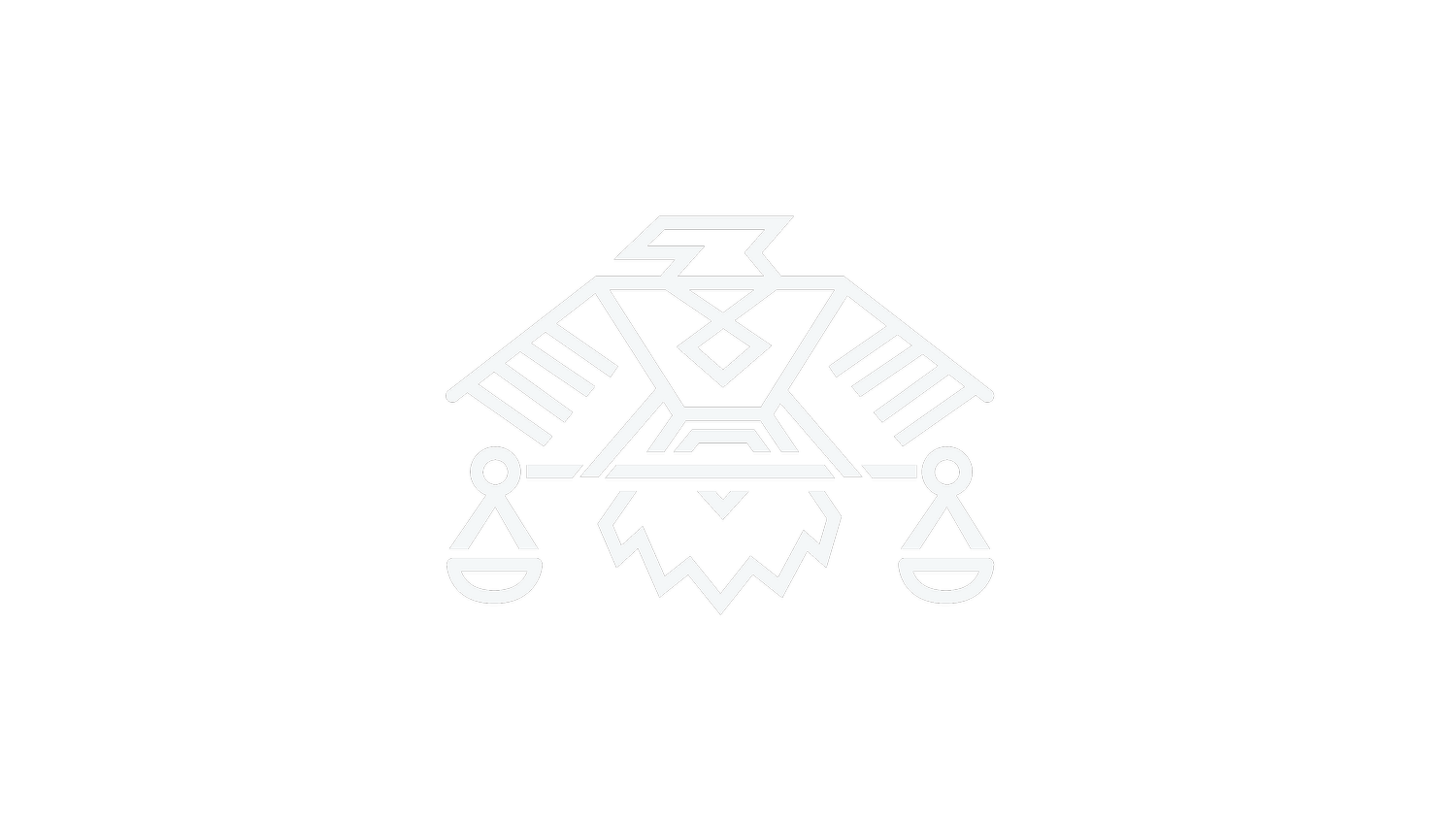SUPREME COURT OF CANADA UPHOLDS TREATY RIGHTS, DOOR LEFT OPEN TO CHALLENGE CONSTITUTIONALITY OF LIMITATIONS LEGISLATION
Today, the Indigenous Bar Association in Canada (the “IBA”) acknowledges the decision handed down by the Supreme Court of Canada in Shot Both Sides v. Canada - 2024 SCC 12, which reaffirms the enforceability of Treaty rights at common law. The decision upholds the Federal Court of Appeal’s ruling that the Blood Tribe’s claim which alleged an historic breach of Treaty rights is time-barred by Alberta’s limitations legislation. Canada’s top court issued a declaration to assist the Parties in resolving the dispute.
This unanimous ruling is significant: it is the first decision authored by Canada’s first Indigenous Justice, Michelle O’Bonsawin, and it emphasizes the longstanding legal recognition of treaty rights, which were enforceable prior to the enactment of s. 35(1) of the Constitution Act, 1982. The SCC’s decision notes that the Courts have long recognized that rules on limitation periods apply to Aboriginal and treaty rights claims and upheld the Federal Court of Appeal’s ruling regarding the application of Alberta’s limitations legislation.
While the SCC found the Blood Tribe’s claim for compensation was time-barred by Alberta’s limitations legislation the Court granted declaratory relief and Justice O’Bonsawin ruled that, given the “longevity and magnitude of the Crown’s dishonourable conduct towards the Blood Tribe,” a declaration from the court would help the parties move forward in a non-confrontational manner.
While the SCC’s use of declaratory relief is welcome; declarations can only go so far: they may be a useful aid in urging governments to the negotiation table, but they do not provide for monetary compensation, the return of land, or any enforcement mechanism to ensure that the Crown is held responsible for historic breaches of Treaty rights.
The Court's decision reinforces a continuing trend to use declarations, instead of the imposition of specific remedies, to address historic breaches of Treaty rights that continue to have an impact on Indigenous Peoples today. This has long been an unwelcome trend, as declarations in this context do not fully and meaningfully provide recourse to Indigenous Peoples for past wrongs that they have suffered and, in the case of the Blood Tribe, do not address the Crown’s continuing dishonourable treatment of the Blood Tribe and their ongoing use of technical legal defences to eschew their obligations as a treaty partner.
"The Court plays an important role in protecting and upholding Treaty rights; however, declarations alone do little to address the historic and systemic injustices faced by Indigenous peoples” stated Drew Lafond, President of the IBA. “That said, we are intrigued by the Court's hinting that it would be open to determining the constitutionality of provincial limitations legislation should such a case come forward. We must explore avenues to challenge limitations legislation and ensure meaningful redress for historical injustices. It is unconscionable that the provincial or federal governments may unilaterally limit their liability for breaches of Treaties made with Indigenous Peoples which were intended to last so long as the sun shines, grass grows and river flows."
The decision highlights the urgent need for meaningful action to address the ongoing injustices faced by Indigenous communities, including the imposition of restrictive limitation periods. By failing to address these systemic barriers, the federal and provincial Crowns perpetuate the cycle of injustice and undermine the spirit of reconciliation and the sacred nature of Treaties, including the Indigenous laws that inform Treaties and Treaty relationships.
The IBA calls on the federal and provincial governments to honor their ongoing Treaty obligations, refrain from the use of limitation clauses, and take honourable steps towards obtaining reconciliation with Indigenous peoples.
The IBA is the national association of Indigenous (First Nation, Métis, and Inuit) lawyers (practising and non-practising), legal academics and scholars, articling clerks and law students, including graduate and post-graduate law students and paralegals in Canada. The IBA’s mandate includes, inter alia, advocating for the recognition of Indigenous laws, legal traditions, protocols and processes; promoting the reform of policies and laws affecting Indigenous peoples in Canada; and fostering public awareness within the legal community in respect of legal and social issues of concern to Indigenous peoples in Canada. For more information visit: www.indigenousbar.ca.

